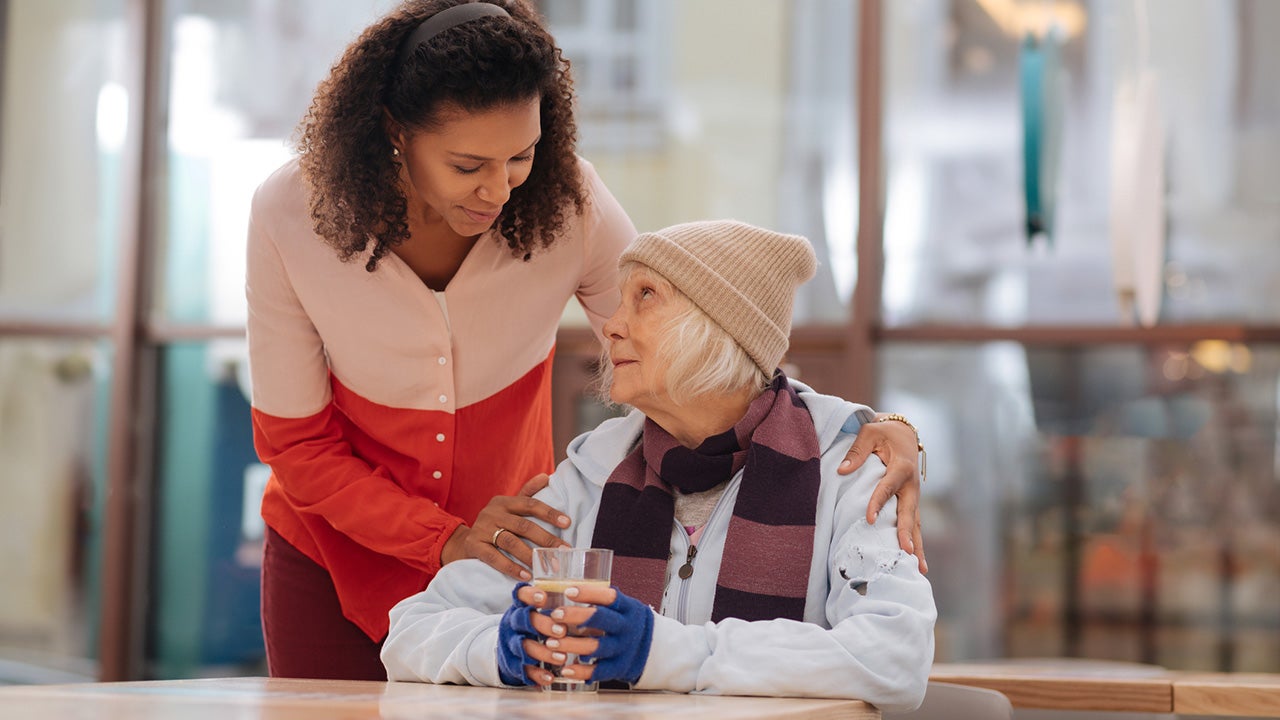 J. Joseph Kim, PhD, is co-founder, president, CEO, and director of Inovio Pharmaceuticals, a biotechnology company leading the world in developing immunotherapies—medicines that train the body’s immune system to attack a broad array of cancers and challenging infectious diseases, such as influenza, Ebola, and HIV/AIDS. Additionally, he is a fellow of the inaugural class of the Health Innovators Fellowship and a member of the Aspen Global Leadership Network. We spoke to him about his work and the prospects for a COVID-19 vaccine.
J. Joseph Kim, PhD, is co-founder, president, CEO, and director of Inovio Pharmaceuticals, a biotechnology company leading the world in developing immunotherapies—medicines that train the body’s immune system to attack a broad array of cancers and challenging infectious diseases, such as influenza, Ebola, and HIV/AIDS. Additionally, he is a fellow of the inaugural class of the Health Innovators Fellowship and a member of the Aspen Global Leadership Network. We spoke to him about his work and the prospects for a COVID-19 vaccine.
Inovio announced an accelerated timeline for vaccine development with plans for human trials by April and a million doses ready to go by the end of 2020. How is the project able to ramp up so quickly?
One of the many strengths of our DNA medicine platform is the rapid speed by which we can design and test our vaccines. In the case of COVID-19, we received the viral genetic sequence and immediately uploaded it into our proprietary algorithm to design our vaccines. Three hours later we had a design on paper which we transferred to our manufacturing team. They produced a small batch of vaccine that we used for laboratory tests. The results looked very promising so we, in parallel, began larger-scale production of our vaccine, INO-4800, which will be used in human clinical testing in April.
Does Inovio have something of a head start on COVID-19, considering the company’s work on Middle East Respiratory Syndrome (MERS)?
We are basing our INO-4800 vaccine on the spike protein of SAR-CoV-2 virus. We have a lot of confidence in this target as we have extensive knowledge using this protein target for our MERS vaccine which is also a species of coronavirus that we have extensively tested in humans in the clinic and are very happy with the immune responses we generated. Our MERS vaccine was also completely protective against viral challenge in an animal challenge model.
What is a DNA vaccine, and how does it differ from a traditional vaccine?
Traditional vaccines typically utilize some form of actual viruses grown up in the lab as vaccines. In contrast, DNA vaccines use a string of genetic codes that, when delivered inside the cells, instruct the cells to assemble a new protein that appears as a small fragment of the virus shaped like a piece of the virus, similar to using Lego blocks, constructing a 3D replica of a viral antigen inside the body. These mimics can then be recognized by the immune system as foreign teaching it what to look out for and destroy if a vaccinated person comes in contact with the true virus.
Are there advantages to DNA vaccines as opposed to traditional vaccines? Is a DNA approach to COVID-19 particularly promising?
While traditional vaccines remain critical public health tools, a drawback is the timeline for their development. It can take two to three years or more to design, optimize and develop a vaccine using more traditional methods. In the scenario we have currently, we don’t have that luxury of time. This is where Inovio’s DNA medicine technology comes in. Our vaccines are rapidly designed and easily scaled up for manufacture. This makes our technology perfectly suited to respond to outbreaks like COVID-19.
Are there any barriers to getting human approval for DNA vaccines? Why are there currently no DNA vaccines for humans, and why could COVID-19 be an exception?
We have been extremely grateful for the proactive communications that we have had with the regulatory authorities here in the US and globally. It is clear that the authorities are working tirelessly to support the development of vaccines against COVID-19 while maintaining the highest level of oversight of the processes.
Does Inovio plan to release information that will help outside researchers move forward with a DNA vaccine?
One of the few positive elements of this outbreak has been the solidarity that has been demonstrated in the scientific community for the teams working on a solution for COVID-19. At Inovio, we are committed to the sharing and disseminating of knowledge around the virus and our vaccine efforts. We provided our preclinical data in the form of a pre-print article to Nature Communications to ensure the early dissemination of our work.
How can we make sure that people have access to an affordable vaccine, especially those without insurance?
At Inovio, we are committed to ensuring that our vaccine is available globally to people who need it and we are grateful for the support we have received from the Bill & Melinda Gates Foundation and CEPI, both of whose missions are to support vaccine availability to all members of society.
As an Aspen Health Innovators Fellow, how has your fellowship experience changed the way you approach situations like the COVID-19 outbreak?
During the Fellowship seminars and discussions, I learned about incredible leaders like Dr. Martin Luther King, Jr. and Mahatma Gandhi who faced insurmountable challenges head-on and persevered against overwhelming odds by sheer determination, wisdom, and courage. In a much lesser way, I have also learned from my own life experiences of overcoming difficulties and challenges through perseverance and conviction. I strongly believe that I have been building Inovio over the years to lead its efforts to help fight and eliminate the current coronavirus pandemic.
You have personally committed to taking action on some of the world’s most pressing challenges as a member of the Aspen Global Leadership Network. A global pandemic certainly qualifies. Does your experience with the AGLN inform your approach to a problem of this magnitude?
One of the greatest lessons I learned from my fellowship experience is that leaders can lead best by creating a consensus and a coalition to combat the most difficult challenges. This is the approach I am taking with advancing a vaccine to combat the new COVID-19 pandemic. I am leading Inovio to build a broad coalition of partners, collaborators, and funders around the world to fight the current global pandemic.


